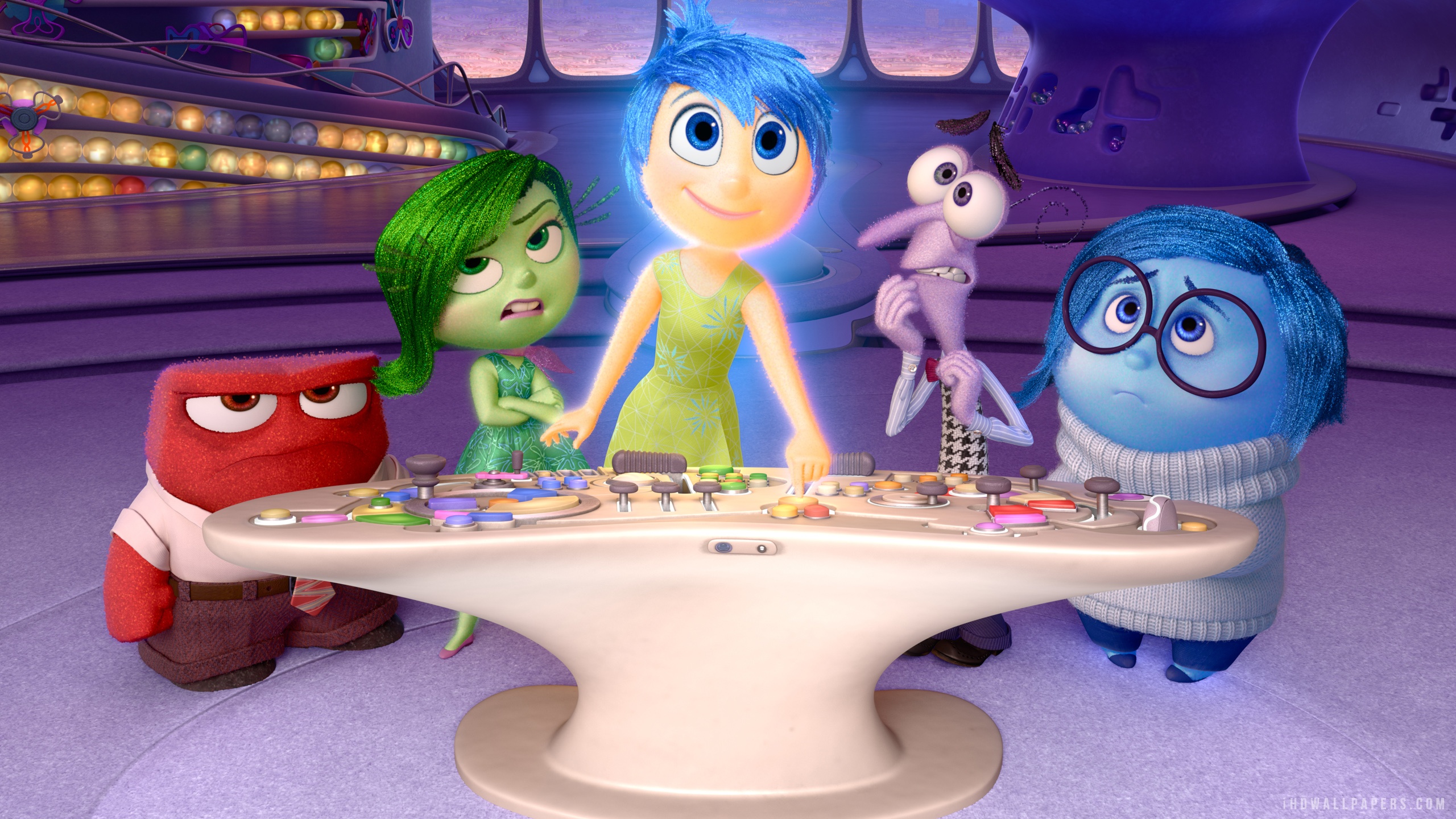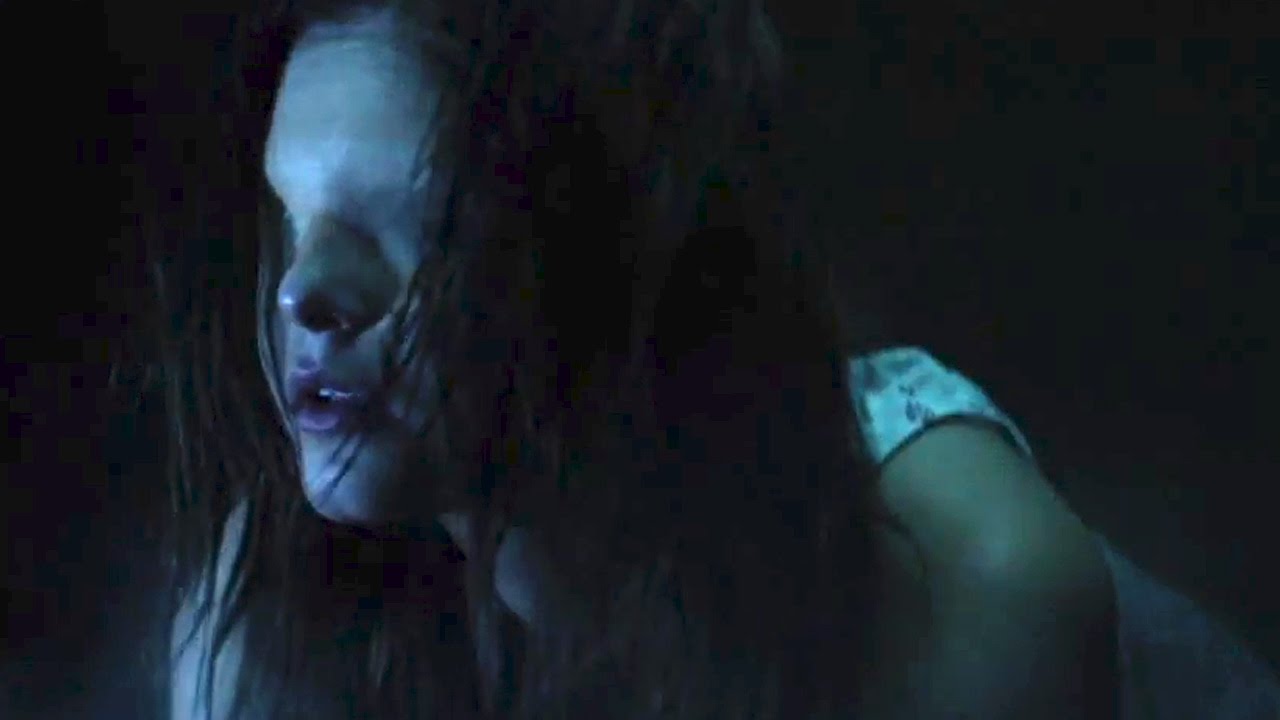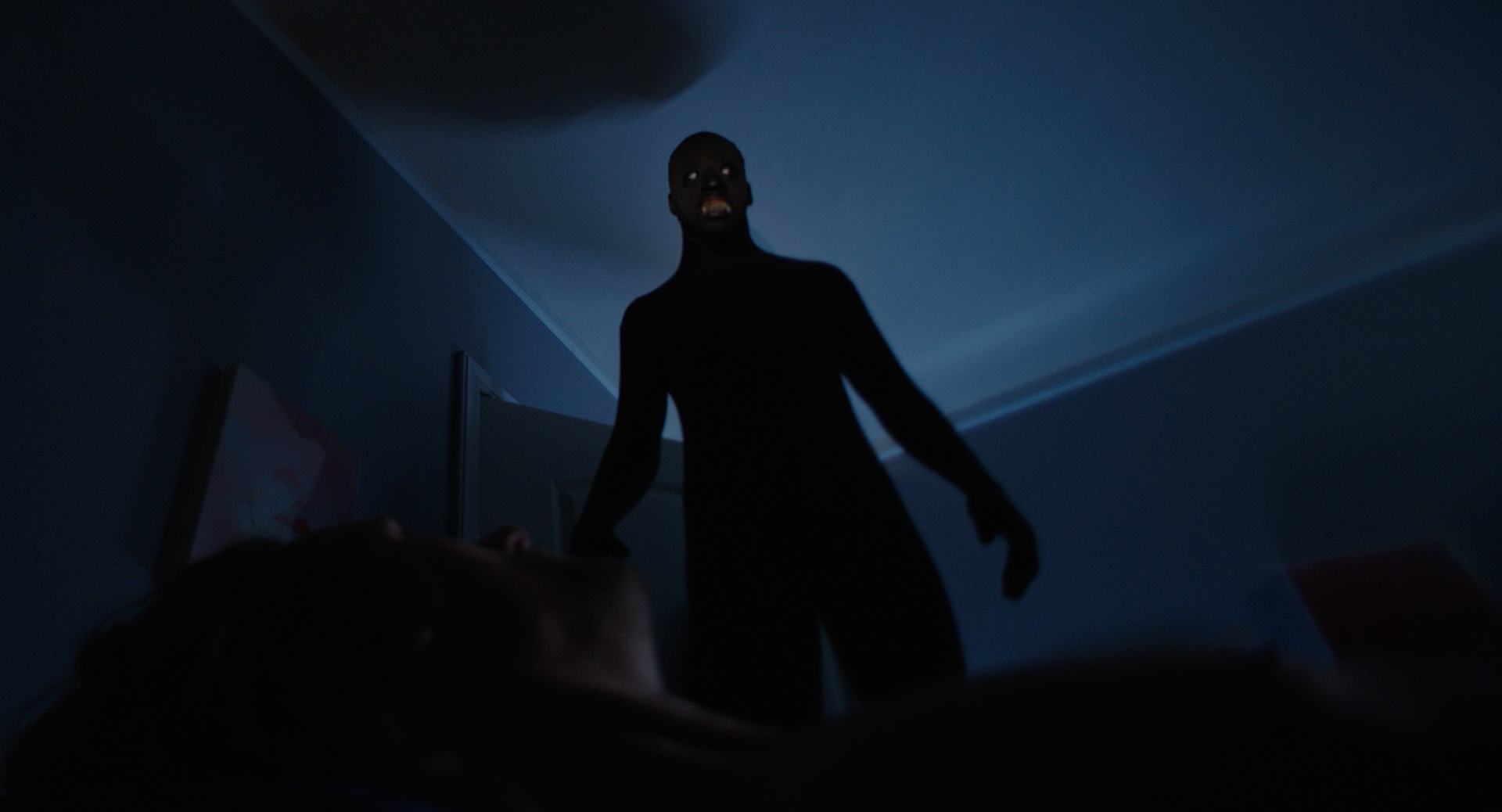Inside Out
by George Wolf
Sometimes I think Pixar’s only goal is to make me a pile of emotional mush. The old man in Up was a dead ringer for my old man, and the Toy Story films were in perfect sync with my son’s childhood, right down to part 3 when Andy (voiced by the original, now grown up kid) was leaving home the same time our Riley was packing for Ohio State. Sniff.
Now, with Inside Out, Pixar builds their latest delightful adventure around the growing pains of a young girl whose name just happens to be…Riley.
Honey! We’re going to need more tissues!
I doubt we’re alone, and that’s one of the many wonderful things about Pixar films. At their best, they resonate with both infectious fun and relatable emotion. Make no mistake, Inside Out is one of their best, landing perhaps just a half notch below Up and the Toy Story trilogy.
It’s a tumultuous time in young Riley’s life. Her family has just moved from Minnesota to San Francisco, and her emotions are working overtime. Inside her mind, five particular feelings are running the show at Riley “headquarters.” There’s Joy (Amy Poehler), Sadness (Phyllis Smith), Fear (Bill Hader), Anger (Lewis Black) and Disgust (Mindy Kaling). Joy is usually able to keep the rest in check (“I’m detecting high levels of sass!”), but when she and Sadness get lost in the outer regions of Riley’s psyche, the race is on to get back to base before the young girl’s personality is forever changed.
So, yes, Pixar returns to the “secret world” theme they know well, but there’s no denying this is just a brilliant premise and perfect execution by a veteran Pixar team, From rides on the “train of thought” to commercial jingles that get stuck in your head to a clever gag about mixing facts and opinions, co- directors/co-writers Pete Docter and Ronaldo Del Carmen keep things fresh and funny while maintaining a simple conflict that easily gets younger viewers invested.
The voice talent is stellar, particularly Black (Angry? Who’d have thought?) and Smith, who makes Sadness a lovable unlikely hero by reminding us that sometimes, it’s okay to be sad.
And that’s the real beauty of Inside Out. While you’re laughing at those silly emotions, the film is gently tugging at yours. Once again, Pixar examines the changing phases of life with charm, humor and a subtle intelligence that can’t help but give you a fresh appreciation for all the jumbled feelings that make life worth living.









